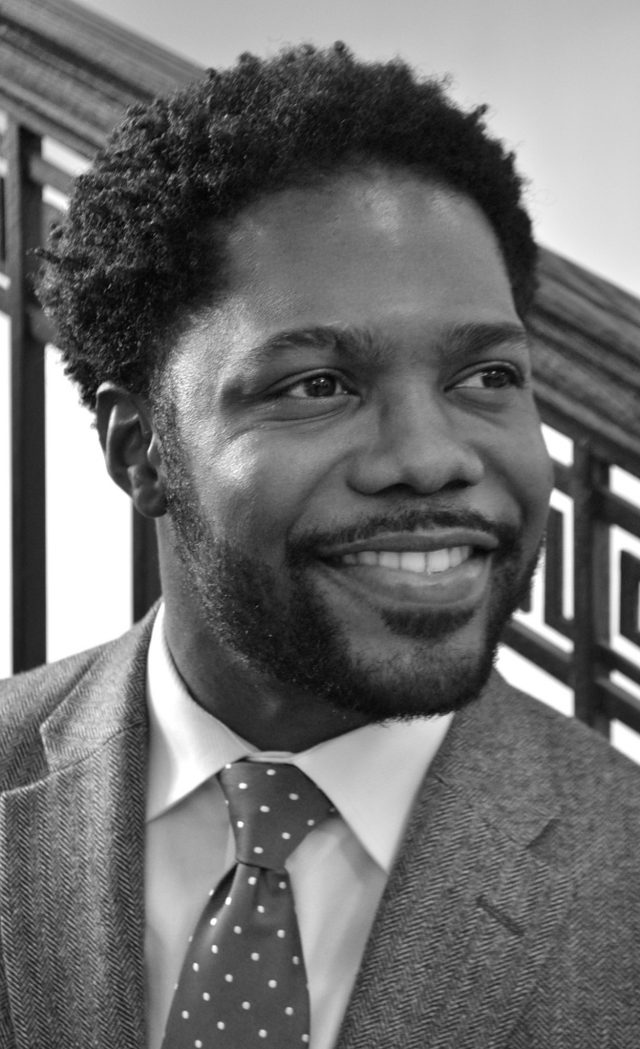Jarvis C. McInnis to deliver Howry Lecture Oct. 24 on campus

Jarvis McInnis
OCTOBER 13, 2023 BY EDWIN B. SMITH
A renowned Duke University professor will deliver a new twist on the Howry Lecture in Faulkner Studies, slated Oct. 24 at the University of Mississippi.
Jarvis C. McInnis, the Cordelia and William Laverack Family Assistant Professor of English at Duke, will discuss “Randall Kenan’s Queer Black Ecology” at 5 p.m. in Bondurant Hall, Room 208-C. The event is free and open to the public.
Launched in 2021, the annual Howry Lecture series to brings scholars to UM to advance understanding of author William Faulkner and his work.
Although McInnis does not specialize in Faulkner studies, his work can help broaden understanding of the Nobel Prize-winning writer, said Jay Watson, distinguished professor of English and Howry Professor of Faulkner Studies.
“One aim for the series is to bring in folks who specialize in other areas but might appreciate an opportunity to make connections between their projects and Faulkner or otherwise experiment with fresh ideas about or approaches to his work,” Watson explained. “As an emerging impact scholar in the fields of African American and Southern studies, professor McInnis fits that description beautifully.”
An interdisciplinary scholar of African American and African diaspora literature and culture, McInnis earned his bachelor’s degree in English at Tougaloo College in Jackson. He is working on his first book, “Afterlives of the Plantation: Plotting Agrarian Futures in the Global Black South.”
Kenan, who died in 2020, was an award-winning gay Black writer from Wallace, North Carolina. Much like Faulkner, he focused on the local world he knew best, a rural and small-town landscape whose African American history and culture ran deep.
His books included the novel “A Visitation of Spirits”; a story collection, “Let the Dead Bury Their Dead”; a memoir and travelogue, “Walking On Water: Black American Lives at the Turn of the Twenty-First Century”; and a posthumous collection of essays, “Black Folk Could Fly: Selected Writings.”
“By choosing this occasion for his presentation – and this presentation topic for the occasion – professor McInnis is forging important links between Faulkner’s legacy and the work of contemporary African American artists and thinkers,” Watson said.
“These connections aren’t limited to questions of Faulkner’s ‘influence’ on Black successors like Kenan, as though the dialogue only runs one way. They also raise the issue of how African American thinkers have interrogated the impact of Faulkner’s vision of the South, including the important relationships between race and place there.”
Watson said McInnis’ keynote is sure to generate discussion.
“If you’re not familiar with Kenan’s work, professor McInnis’s talk should make for a great introduction to a powerful and highly imaginative body of writing,” he said. “And even if you are already knowledgeable about Faulkner’s life and career, professor McInnis’s focus on intersections between sexuality and the environment may spark new insights for you.”